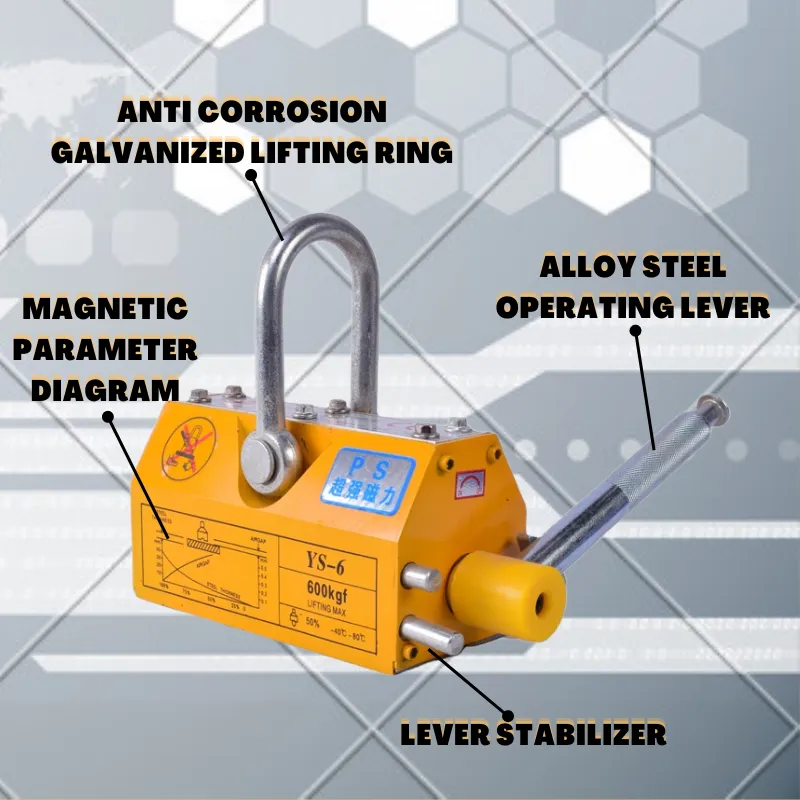1 ton gantry crane price
Understanding the Price of a 1 Ton Gantry Crane
Gantry cranes are essential equipment in various industries, playing a crucial role in material handling and transportation. They are particularly beneficial for tasks requiring heavy lifting and precision. One of the most common types of gantry cranes is the 1-ton gantry crane, which is widely used in workshops, warehouses, and construction sites. However, when considering the purchase of a 1-ton gantry crane, price is one of the most important factors to consider.
Factors Influencing the Price
The price of a 1-ton gantry crane can vary significantly based on several factors. One of the primary considerations is the design and material quality. Gantry cranes can be made from different materials, including steel and aluminum, which impacts their strength, durability, and therefore, cost. Steel cranes tend to be more robust and suitable for heavier-duty applications, while aluminum cranes, being lighter, are often used in less demanding environments.
Another factor is the brand reputation and manufacturer’s reliability. Investing in a crane from well-known, reputable brands may entail a higher upfront cost, but it often correlates with better quality, improved safety features, and enhanced after-sales support. Additionally, recognized brands typically have established production standards and quality control measures, providing peace of mind in terms of the crane's performance and longevity.
The features and specifications of the crane also play a critical role in determining its price. Basic models with standard features may be more affordable, while cranes equipped with advanced technology, such as remote controls, variable speed controls, or enhanced safety features, can significantly increase the cost. Buyers must evaluate what features are essential for their specific applications to find a balance between cost and functionality.
Average Pricing
1 ton gantry crane price

On average, the price of a 1-ton gantry crane ranges from $1,500 to $5,000. This price range can fluctuate based on the factors mentioned earlier. For instance, a simple, manual gantry crane may fall at the lower end of the spectrum, while a fully equipped, electric-powered model could approach the higher end. Furthermore, additional costs such as shipping, installation, and any necessary accessories (like hoists or slings) should be accounted for in the overall budget.
Buyers can often find competitive prices by shopping around or considering second-hand options. However, while purchasing used equipment can lead to cost savings, it’s crucial to assess the crane’s condition and ensure that it meets current safety standards.
Additional Considerations
When budgeting for a 1-ton gantry crane, it's essential to consider long-term costs beyond the initial purchase price. Maintenance and operational costs can add up over time. A well-maintained crane can offer years of service, but failing to perform regular checks can lead to costly repairs or replacements. Investing in quality equipment that requires less frequent maintenance can be more economical in the long run.
Insurance is another factor that could add to the overall cost of a gantry crane. Operators should ensure that their equipment is properly insured to mitigate risks associated with accidents or damages during use.
Conclusion
In conclusion, the price of a 1-ton gantry crane is influenced by a multitude of factors, including design, materials, brand reputation, and features. While the average cost ranges from $1,500 to $5,000, potential buyers should take the time to assess their unique needs and requirements. By considering both initial and long-term costs, companies can make a well-informed decision that aligns with their operational needs and budget. Investing in the right crane can significantly improve efficiency and productivity in lifting and handling tasks, ultimately leading to a better return on investment.
-
Unlock Seamless Relocation with Our Heavy Equipment Moving ExpertiseNewsJun.06,2025
-
Unleash Unrivaled Flexibility with Our Adjustable Gantry CraneNewsJun.06,2025
-
Unleash Heavy-Duty Efficiency with Our Industrial Gantry Crane SolutionsNewsJun.06,2025
-
Revolutionize Steel Handling with Our Magnetic Lifter RangeNewsJun.06,2025
-
Master Equipment Mobility with Premium Machinery Mover SolutionsNewsJun.06,2025
-
Elevate Your Material Handling with Magnetic Lifter TechnologyNewsJun.06,2025
-
YS Permanent Lifting Magnets: The Smarter Way to Handle SteelNewsMay.22,2025
